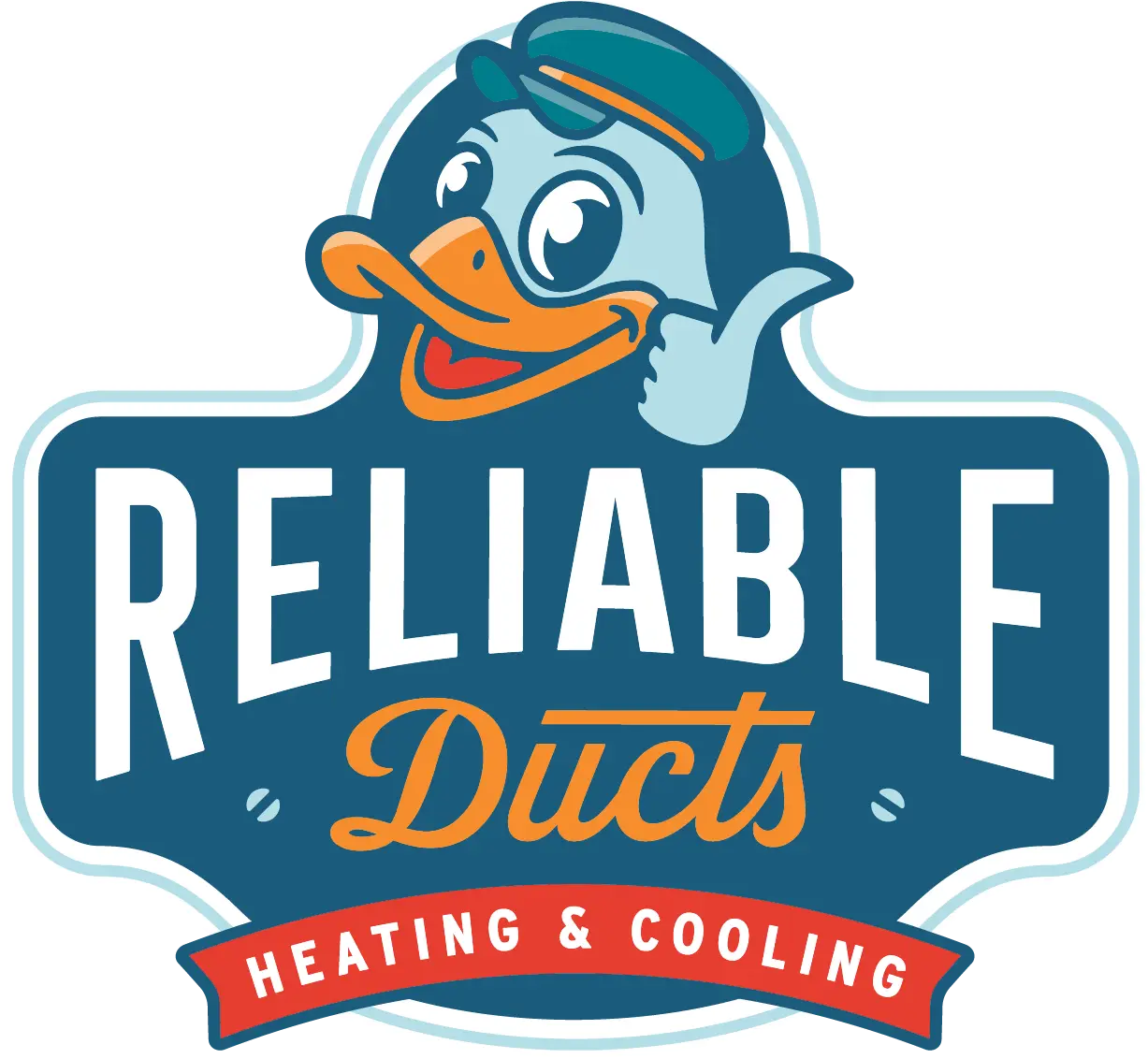When it’s time to replace your HVAC unit, one critical decision you’ll face is whether to replace your ductwork simultaneously. While the focus often lies on selecting the right HVAC system, the ductwork plays a vital role in ensuring the system’s efficiency and effectiveness. In this blog, we will explore the reasons for and against replacing ductwork, the benefits, potential costs, and factors to consider when making this important decision.
Why Consider Replacing Ductwork?
Age and Condition of Existing Ductwork
Ductwork, like any other component, wears out over time. If your ductwork is over 15-20 years old, it might be time for a replacement, especially if you notice signs of deterioration like rust, gaps, or leaks.
Efficiency and Performance
Old, leaky, or poorly designed ductwork can significantly reduce the efficiency of your new HVAC system. Replacing ductwork can improve airflow, reduce energy loss, and ensure your system operates at peak efficiency.
Air Quality
Dust, mold, and other contaminants can accumulate in old ductwork, affecting indoor air quality. New ductwork can help maintain a cleaner, healthier environment by reducing the spread of these pollutants.
Benefits of Replacing Ductwork
Improved Energy Efficiency
New, properly sealed and insulated ductwork can minimize energy loss, leading to lower utility bills and a more efficient HVAC system.
Enhanced Comfort
Consistent and balanced airflow throughout your home ensures all rooms maintain a uniform temperature, improving overall comfort.
Better Air Quality
New ductwork reduces the risk of contaminants spreading throughout your home, contributing to healthier indoor air quality.
Potential Costs
Initial Investment
Replacing ductwork adds to the overall cost of your HVAC system replacement. However, the long-term energy savings and improved performance can offset the initial expense.
Labor and Materials
Costs vary based on the size of your home, the complexity of the installation, and the materials used. Getting multiple quotes from reputable HVAC contractors can help you find the best deal.
Factors to Consider
Inspection
Have a professional HVAC technician inspect your existing ductwork. They can identify issues like leaks, poor design, or significant wear and tear that might warrant replacement.
Compatibility
Ensure your new HVAC unit is compatible with your existing ductwork. Incompatible systems can lead to inefficiencies and reduced performance.
Budget
Consider your budget and weigh the benefits of replacing the ductwork against the costs. While it might be tempting to cut costs by keeping the old ductwork, the potential long-term savings and improved performance of new ductwork can be worth the investment.
When You Might Not Need to Replace Ductwork
Good Condition
If your existing ductwork is relatively new, well-designed, and in good condition, it might not be necessary to replace it. A thorough inspection can confirm its suitability for your new HVAC system.
Minor Repairs
In some cases, minor repairs and sealing can address issues with your existing ductwork, making replacement unnecessary. This can be a cost-effective solution if the ductwork is generally in good shape.
Deciding whether to replace your ductwork when installing a new HVAC unit is an important consideration. While the additional cost might be a concern, the benefits of improved efficiency, comfort, and air quality often outweigh the initial investment. Consulting with a professional HVAC technician can help you make an informed decision based on the condition of your current ductwork and your specific needs. By ensuring your entire HVAC system, including the ductwork, is in optimal condition, you can enjoy a more comfortable and energy-efficient home.



